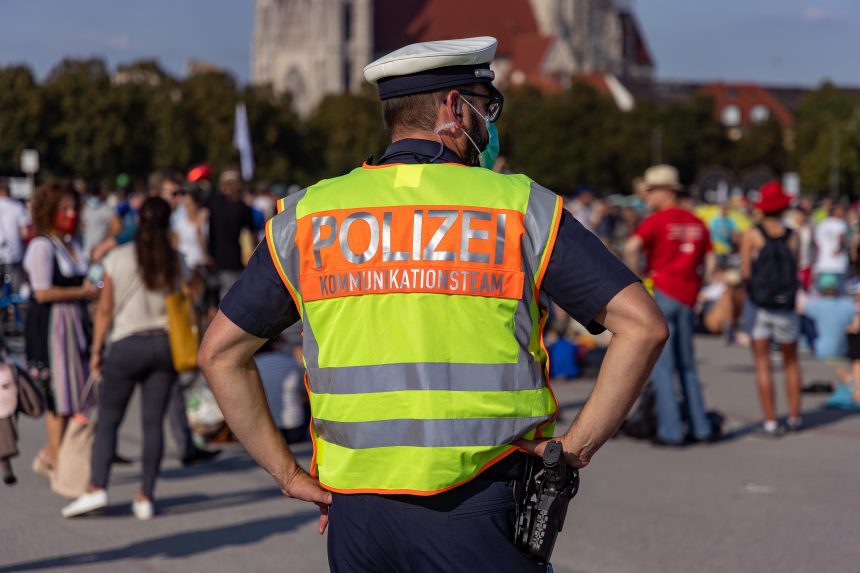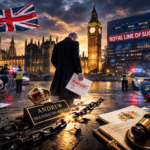Will Germany back EU ‘Chat Control’ or protect privacy
We are standing at a digital crossroads where words like “safety” and “privacy” pull in opposite directions, and Germany’s stance could decide which way Europe leans. The idea at the center often called “chat control” would push messaging services to scan private communications to detect child sexual abuse material. The goal is noble, yet the method feels like installing a camera inside everyone’s living room to catch the few who do harm. If that sounds unsettling, it’s because it is: once the scanner exists, we cannot easily decide what it sees or how far its gaze extends.
We should be honest about the trade off. Encryption is a lock that protects journalists, activists, businesses, and everyday families from theft, coercion, and abuse. When we weaken the lock by inserting mandatory scanning on our devices we create new doors for attackers and new levers for misuse. Even with safeguards, the risks stack up: false positives that mislabel innocent people, databases that become hacking targets, and a technical precedent that can be widened to other content tomorrow. Privacy by default becomes inspection by default, and that flips a democratic norm on its head.
Supporters argue that technology must evolve to meet horrific online crimes, and we agree that protecting children is non negotiable. The question is whether blanket scanning is the only path. It isn’t. Targeted, court-authorized investigations, faster cross border takedowns, dedicated victim services, and better resourcing for specialized police units can all raise the cost for offenders without turning every phone into a checkpoint. It’s slower, harder work than a single sweeping mandate, but it aligns with fundamental rights and keeps the cryptographic lock intact.
Germany’s decision matters because of scale and symbolism. As a population heavyweight in the EU, its vote can make or break a coalition as a global signal, it tells platforms whether to weaken encryption, fragment features by region, or walk away from a market rather than compromise core security promises. None of those outcomes is trivial. A mandate could consolidate power among the largest companies able to build compliance engines, squeezing out smaller privacy first services and chilling innovation around secure communication.
We also have to think about the human layer the way trust feels in day to day life. When people suspect their intimate messages might be scanned, they speak differently, or stop speaking at all. That silence doesn’t foster safety it breeds fear and drives bad actors further underground. The healthier path is targeted precision, not universal suspicion; real help for survivors, not dashboards that flood investigators with noise; and laws that recognize privacy as a safety feature, not an obstacle.
So the choice before Europe is not privacy versus children. It is whether we protect both by design. Strong, unbroken encryption is the seatbelt of the digital world: it quietly saves lives by default. We should improve policing and survivor support without cutting the belt. If Germany tips the balance toward a scanning mandate, we risk normalizing mass inspection if it holds the line for encryption, we set a precedent that security and rights can advance together. In a moment that will echo far beyond Europe, let’s pick the future where “private” still means private and safe means safe for everyone.
What the proposal is (a permanent CSA Regulation, COM(2022) 209) and “detection orders”
This is an official European Commission proposal for a Regulation laying down rules to prevent and combat child sexual abuse (file COM(2022) 209). It explicitly provides for detection orders issued to providers (see “Annex I: Template for detection orders”).
Where/when ministers would decide (JHA Council under the Danish 2025 presidency, mid-October)
Denmark officially holds the rotating Council Presidency from 1 July to 31 December 2025. The Council’s meeting page lists a Justice and Home Affairs (JHA) Council on 13–14 October 2025 (and a dedicated 14 Oct page), which is the configuration that handles this file.
Why Germany’s stance can be decisive (qualified-majority voting rules)
For Commission proposals in the Council, adoption needs a qualified majority: 55% of member states (at least 15) representing at least 65% of the EU population. Because of the population threshold, positions of large states like Germany are often pivotal. (This is an explainer from the Council’s official site.)
State of play before October (Council deadlock noted by Parliament)
A September 2025 European Parliament parliamentary question states that “for over three years, the Council has remained deadlocked on adopting a position” on the CSA Regulation (COM(2022)0209). That confirms the file was unresolved heading into October.
Encryption and scanning are a central controversy (official brief/analysis)
The Parliament’s Research Service (EPRS) has a briefing on end to end encryption and protection of children online, outlining tensions between E2EE and law-enforcement needs in the CSA context. This confirms encryption is a core policy issue in the CSA Regulation debate (even though different institutions take different approaches).


















